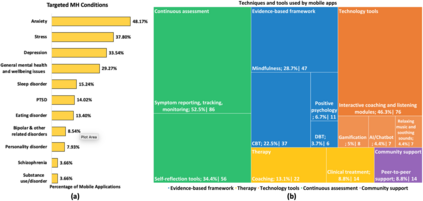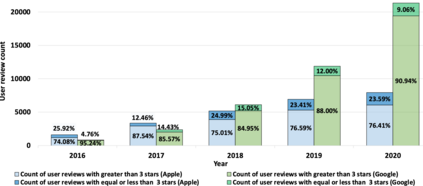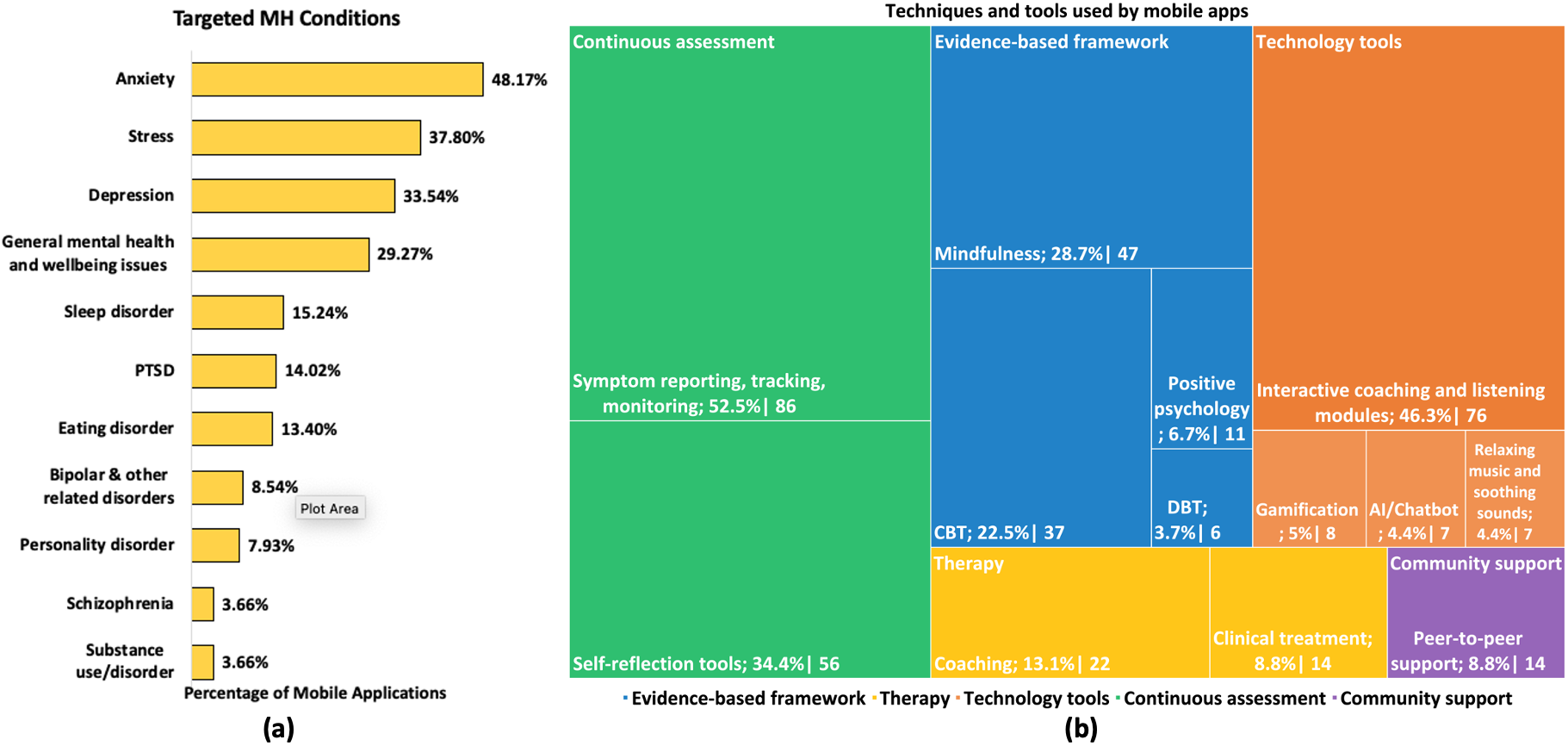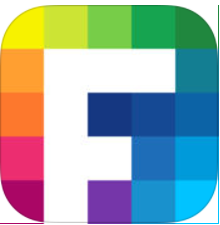Mobile mental health applications are seen as a promising way to fulfill the growing need for mental health care. Although there are more than ten thousand mental health apps available on app marketplaces, such as Google Play and Apple App Store, many of them are not evidence-based, or have been minimally evaluated or regulated. The real-life experience and concerns of the app users are largely unknown. To address this knowledge gap, we analyzed 2159 user reviews from 117 Android apps and 2764 user reviews from 76 iOS apps. Our findings include the critiques around inconsistent moderation standards and lack of transparency. App-embedded social features and chatbots were criticized for providing little support during crises. We provide research and design implications for future mental health app developers, discuss the necessity of developing a comprehensive and centralized app development guideline, and the opportunities of incorporating existing AI technology in mental health chatbots.
翻译:虽然在Google Play和App App Store等应用市场上有1万多个心理健康应用软件,但其中许多软件不是基于证据的,或只得到最低限度的评估或管理; 应用软件使用者的实际生活经验和关注问题基本上不为人所知; 为解决这一知识差距,我们分析了117个Android应用软件的2159个用户审查,76个iOS应用软件的2 764个用户审查。我们的调查结果包括围绕不一致的温和标准和缺乏透明度的批评。 应用包含的社会特征和聊天器在危机期间几乎没有什么支持受到批评。 我们为未来的心理健康应用软件开发者提供研究与设计影响,讨论制定全面和集中的应用开发指南的必要性,以及将现有的AI技术纳入心理健康聊天室的机会。





